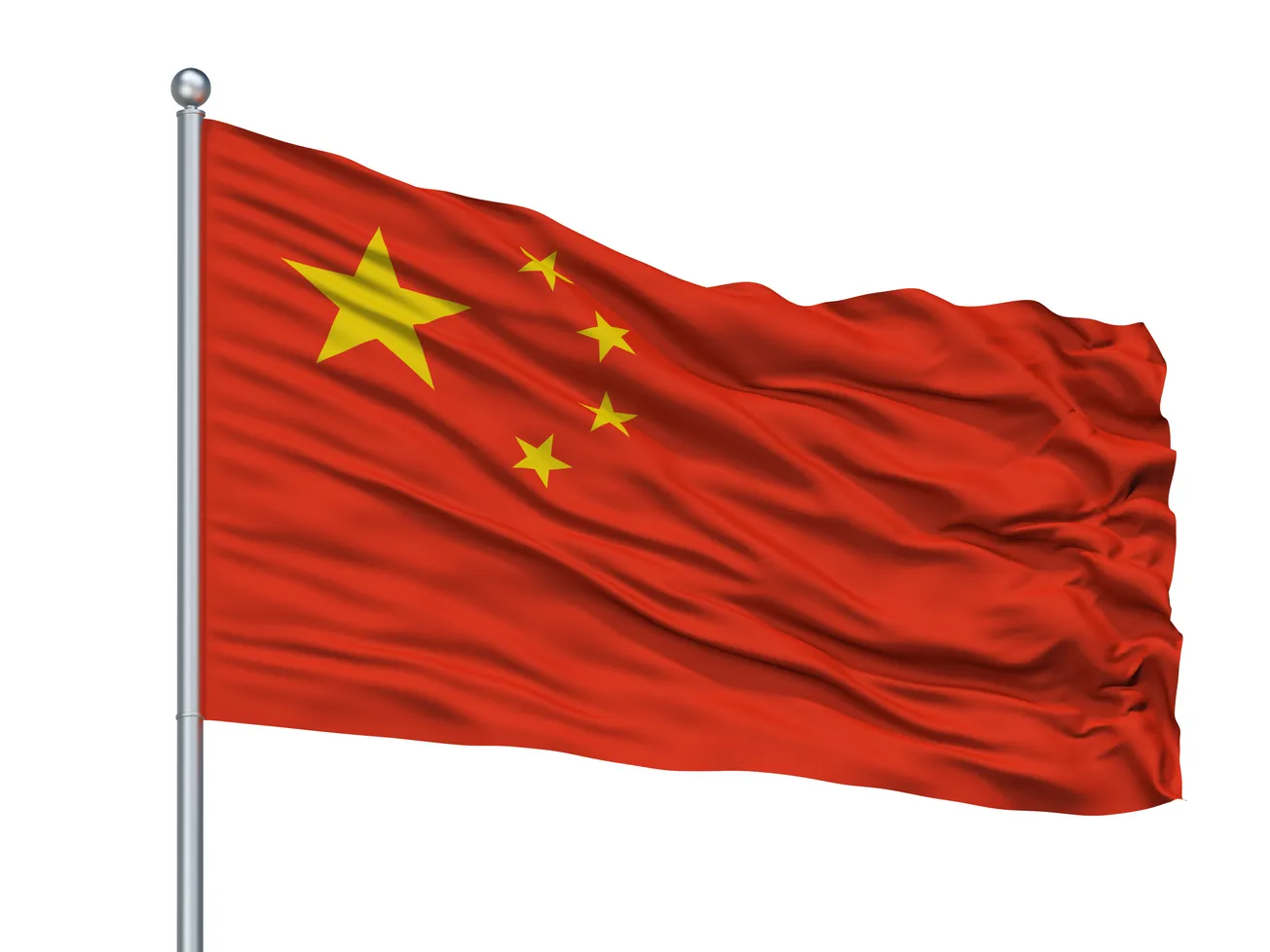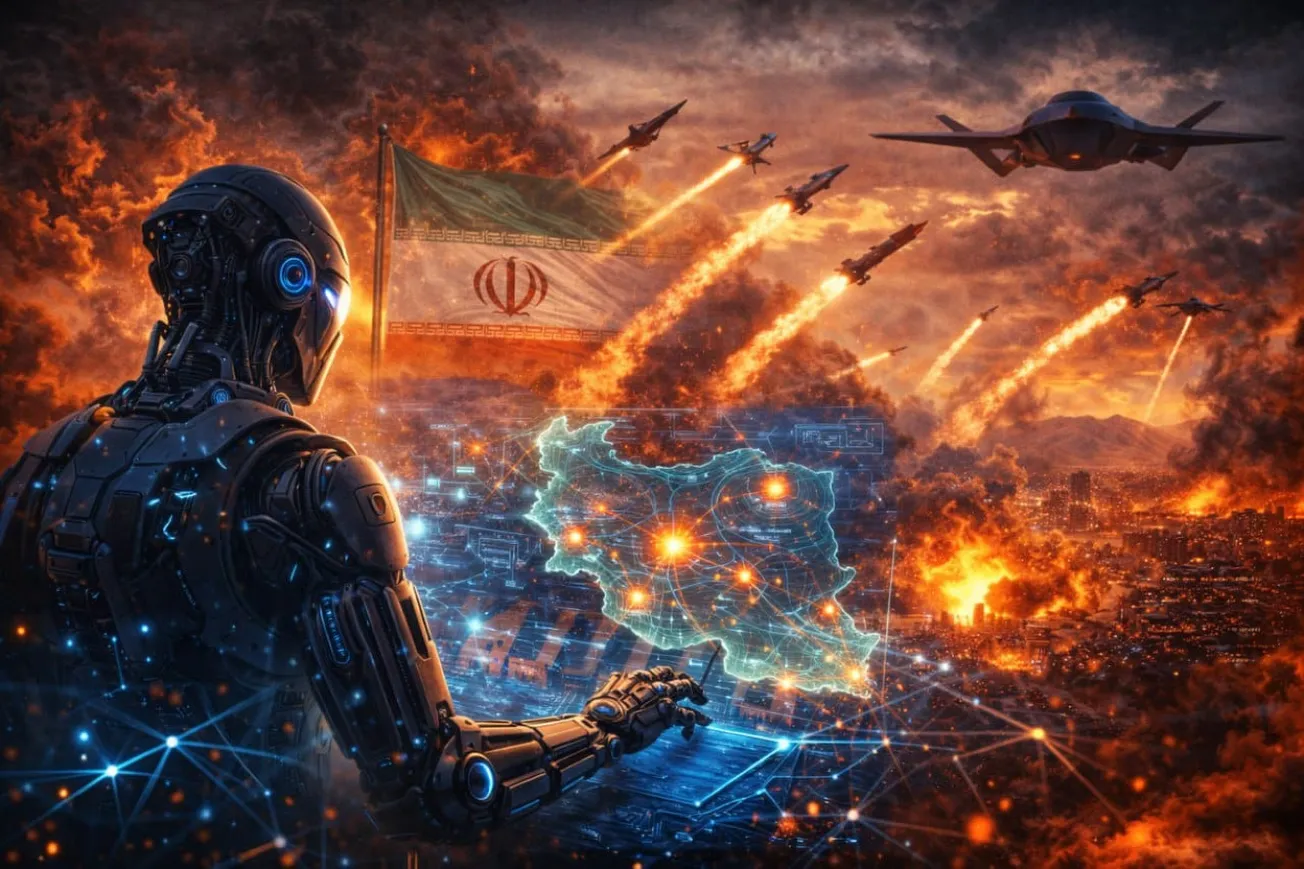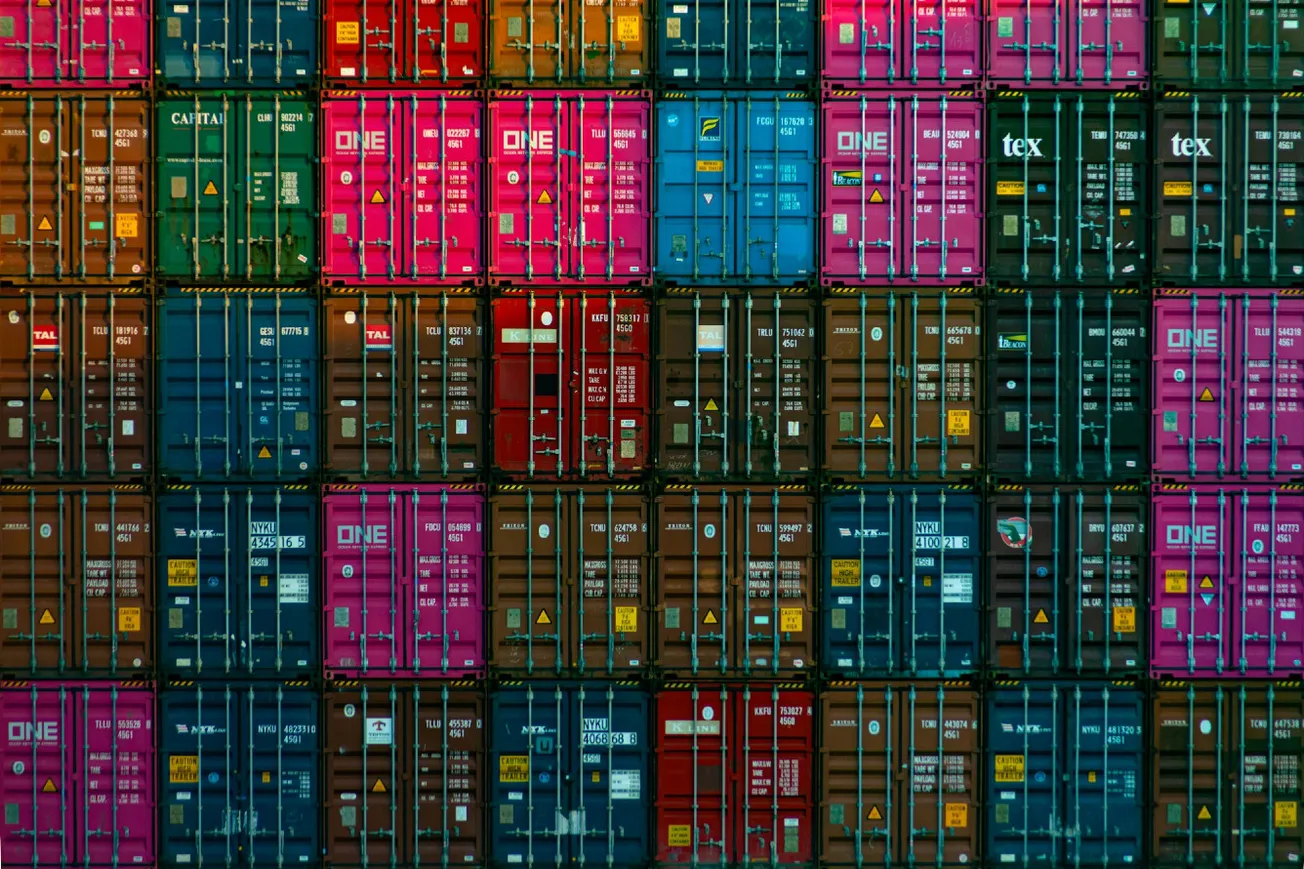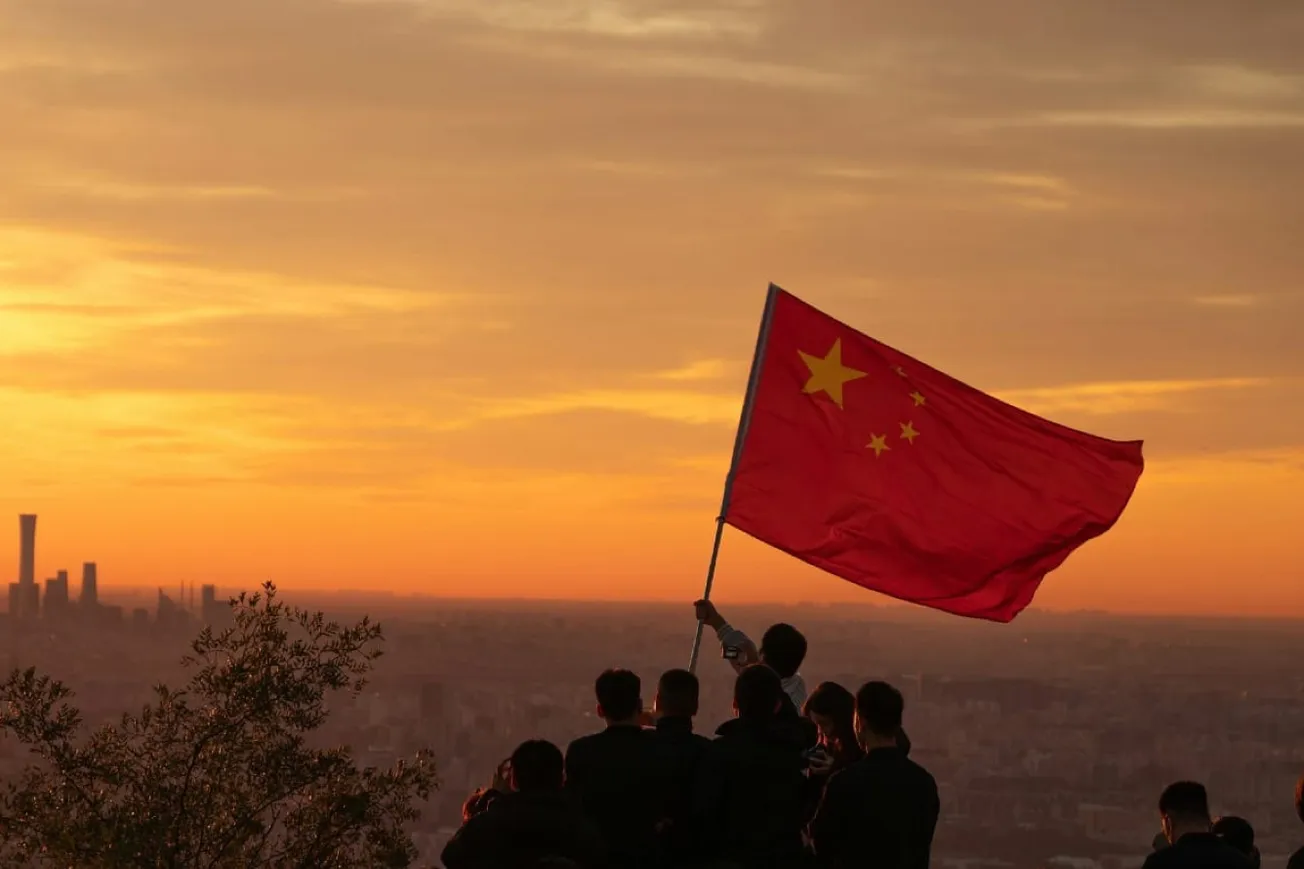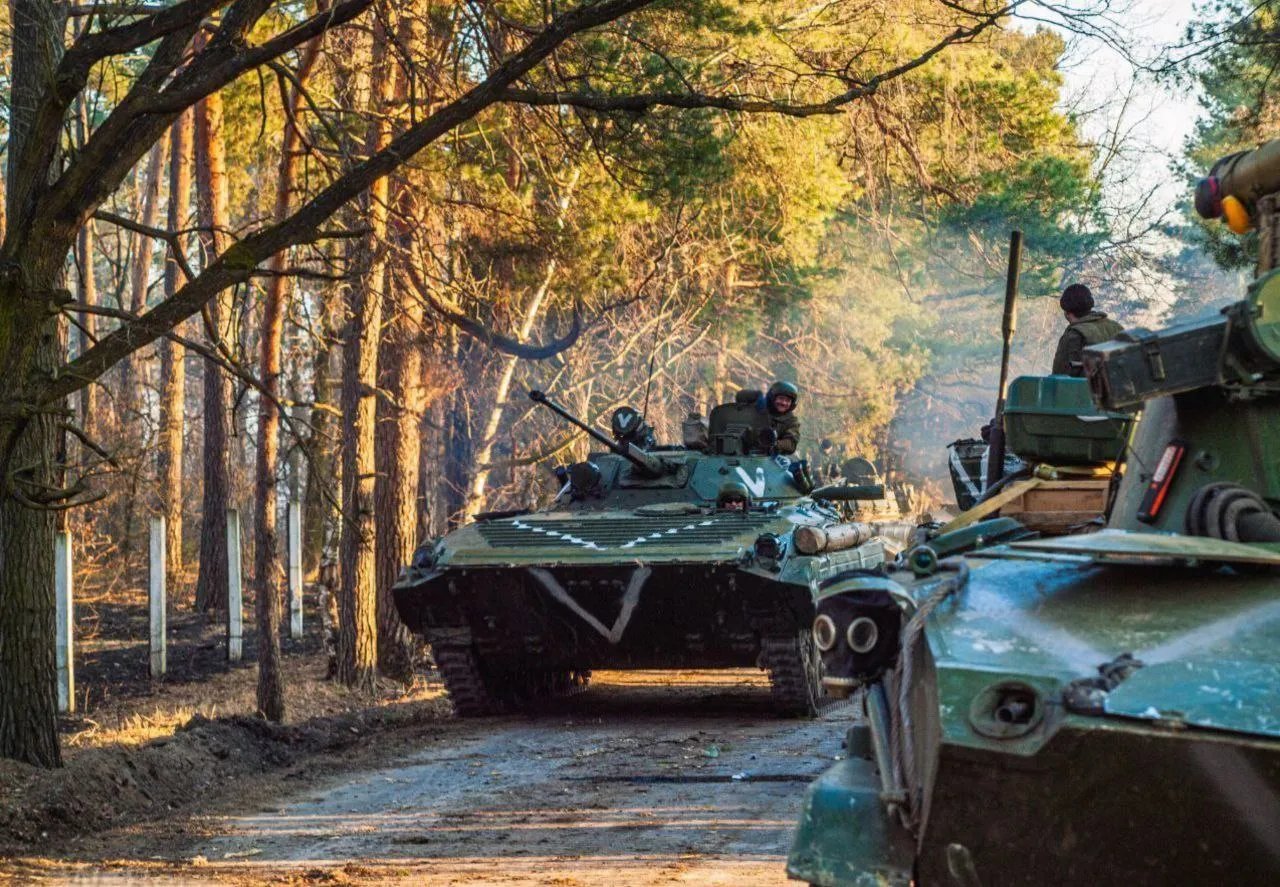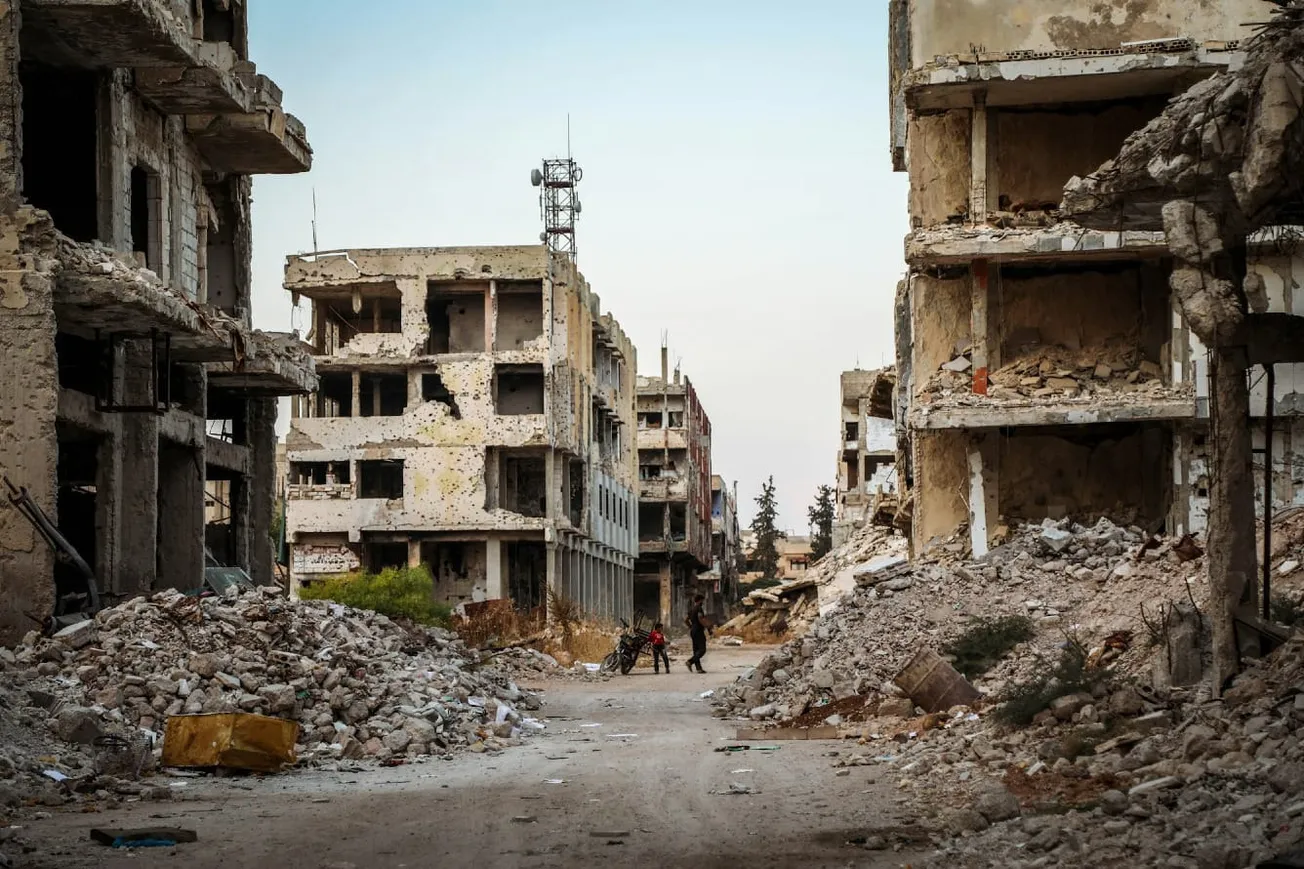- Beijing operates covert police stations in foreign countries to suppress dissent and spread influence
- These stations spy on Chinese nationals, infiltrate civil society, and collaborate with organized crime networks run by the Chinese diaspora
- Chinese banks, including the Industrial and Commercial Bank of China and the Bank of China, are implicated in aiding tax evasion and money laundering
- Criminal organizations serve as the Chinese Communist Party's "eyes and ears" overseas, posing security risks
- Beijing is starting to cooperate with Southeast Asian counterparts to combat transnational crime
- Despite reputational damage, the alliance with the underworld remains mutually beneficial
It caused quite a stir when it came to light that Beijing runs a network of covert police stations in foreign countries. These clandestine outposts are used to carry out the Chinese Communist Party's two main agendas – suppress dissent and spread influence. To achieve these goals, the "police stations" spy on Chinese nationals, especially political dissidents, and infiltrate all rungs of civil society to indoctrinate and sway public opinion.
But, there is so much more to Beijing's efforts to control the course of events far from its shores. The government is working with or turning a blind eye to organized crime networks run by the Chinese diaspora in other countries. The depth and scope of covert alliance is gradually catching the world's attention.
The Chinese government "takes the most powerful, richest, most successful figures overseas and recognizes them as the nobility of the diaspora," said Emmanuel Jourda, a French scholar on Chinese organized crime. "And it doesn't matter how they made their money. The deal, spoken or not, is: 'You gather intelligence on the community, we let you do business. Whether legal or illegal.'"
Mafia setups, often run by Chinese nationals wanted for crimes at home, are used to infiltrate the Chinese communities in countries from Myanmar to Italy. These crime syndicates also played a vital role in setting up the "police stations" far from the Chinese mainland. The covert alliance between the government and the underworld protects the mobsters, as is evident from China's repeated refusal to cooperate with foreign intelligence agencies on investigations into Chinese organized crime syndicates.
And it is not just about surveillance or enhancing influence. There is money and illicit drugs involved, and a lot of it. European drug cartels use unregulated Chinese money brokers' hidden networks to transact payments across borders. The cartels deposit money with a broker in one country, and another agent located in a different country pays the intended recipient the same amount, completely bypassing the international banking system.
These networks are difficult to trace yet facilitate quick and massive payments. Italian officials are investigating drug gangs and Chinese payment networks regarding suspected payments to drug suppliers in Latin America, Morocco, and Spain. Money laundering by such setups is pumping billions of dollars into China.
That the Chinese government is in the know and complicit is explicitly clear from the involvement of the country's banking sector. The Industrial and Commercial Bank of China, a state-owned institution, was caught red-handed in Spain, aiding and abetting tax evasion and money laundering. Another financial institution, the Bank of China, had to pay a $4 million fine to the French authorities and a $22 million penalty to Italian authorities to settle similar cases.
Functioning as the Chinese Communist Party's "eyes and ears" overseas, these criminal organizations carry out operations that Beijing cannot. However, these networks threaten law and order and the national security of the countries they operate in.
With the activities of the Chinese underworld dons abroad now on the radar of foreign law enforcement organizations, Beijing is showing signs of reining them. The Chinese authorities are cooperating with their Southeast Asian counterparts to tackle transnational crime, money laundering, and illicit drug production.
With many fingers pointing to the country's top echelons of power, Beijing is taking a hit to its reputation. But, it is safe to assume that China will be highly selective; after all, the alliance with the underworld is mutually beneficial, which Beijing would be loath to wipe out.
We could use your help. Support our independent journalism with your paid subscription to keep our mission going.

